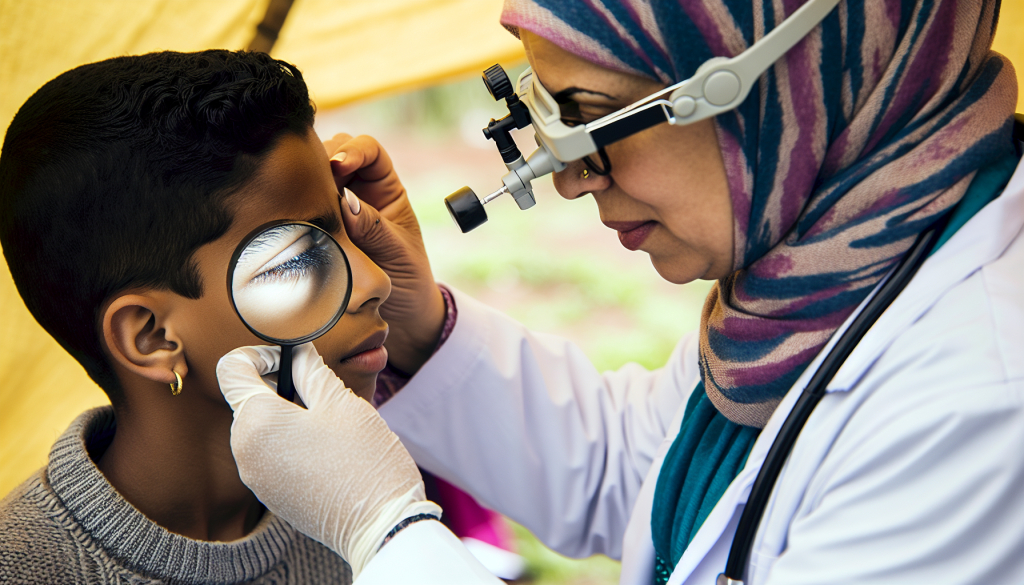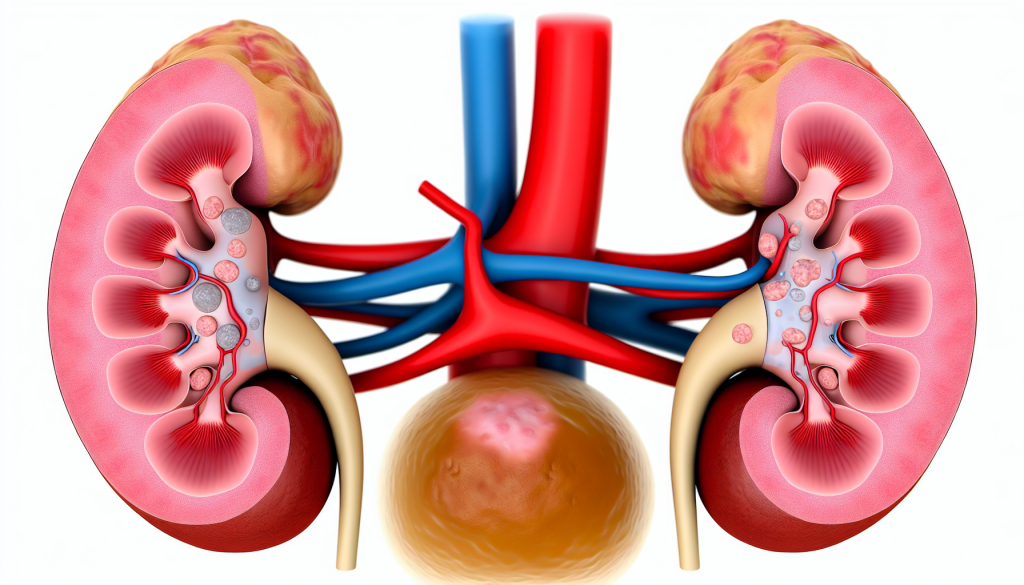Revolutionizing trauma studies: Professor Philip Hyland redefines worldwide perspectives on PTSD diagnosis

Image:
Philip Hyland, PhD, Maynooth University, Ireland
Image credit: Philip Hyland, PhD, Maynooth University, Ireland
DUBLIN, IRELAND, 5 August 2025 — In a new interview featured in Brain Medicine, Professor Philip Hyland shares a compelling story of transformation—from dealing with personal anxiety to leading the global conversation on trauma and mental health. His pioneering research into Complex PTSD has influenced updates to the World Health Organization’s diagnostic framework, altering how mental health professionals across the globe approach trauma.
From Personal Struggles to Scientific Discovery
Professor Hyland describes going through a particularly difficult period in his late teens and early twenties, despite not having the usual risk factors for mental health concerns. He battled intense anxiety and emotional distress, and this experience pushed him to better understand the science behind how the mind works.
"I needed to make sense of what was happening to me," he shares in the interview. This search for answers led him to the field of psychology, with its practical approach to exploring emotions and thought processes. Originally interested in physics and astronomy, he redirected his focus to psychology when he realized it allowed him to study complex human behavior without requiring advanced math skills.
Rethinking Traditional Practices
Professor Hyland is known for his bold stance on mental health assessments. He argues that patients themselves are the most reliable sources about their psychological wellbeing. "If you want to understand someone’s experience, you should ask them directly, rather than rely solely on a professional’s interpretation," he insists.
This perspective, although debated, has catalyzed change. His International Trauma Questionnaire, now widely used, exemplifies this shift toward placing patient voices at the center of diagnosis. The tool’s impact highlights the potential of innovative methods to improve mental health practices.
Exploring Grief in Uncharted Forms
Professor Hyland has also branched into studies of grief, especially in overlooked areas. His latest findings show that the loss of a pet can potentially result in prolonged grief disorder, though many official manuals currently exclude this. Motivated by these gaps in recognition, he led research to bring attention to this often-dismissed form of emotional pain.
He also co-leads Ireland’s largest research effort since 2002 on sexual violence, showing his dedication to bringing data and clarity to socially significant issues. This work demonstrates how rigorous science can contribute meaningfully to public awareness and policy.
The Role of Serendipity
Despite his accomplishments, Professor Hyland attributes much of his success to what he calls "extraordinary good fortune." He recalls key moments—like working with Professor Mark Shevlin, whom he deeply respects—as turning points that shaped his career. He views his academic journey as a string of fortunate opportunities supported by people who believed in his vision.
However, his consistent contributions tell another story—of discipline and innovative thinking. With more than 340 published works and nearly 20,000 citations, his impact is undeniable. He has earned multiple honors, including Maynooth University’s Early Career Achievement Award in 2023, and serves as Deputy Statistical Editor for the Journal of Traumatic Stress and Chair of the International Trauma Consortium.
Commitment to Honest Inquiry
When asked about his goals, Professor Hyland says he doesn’t measure his work by recognition. "I simply try to study things that matter," he explains. He emphasizes that science must remain focused on objective inquiry, cautioning against letting social or political agendas influence research outcomes.
"It’s critical that science remains trustworthy. While healthy skepticism is necessary, people should feel confident in the scientific process—it’s our best tool for understanding the world," he says. This principle guides his work, especially in emotionally charged areas like trauma and grief, where objectivity must be balanced with empathy.
Looking ahead, Professor Hyland continues developing models for Complex PTSD and refining diagnostic tools to better capture the experience of those who suffer trauma. His work offers a powerful example of how personal challenges, combined with structured research, can drive lasting improvements in public health and mental wellbeing.
The interview with Professor Hyland is part of the Innovators & Ideas series, which focuses on influential contributors to scientific progress. These features merge research highlights with personal insights, offering a fuller picture of the scientists transforming today’s medical and psychological landscapes.
Journal
Brain Medicine
DOI
10.61373/bm025k.0095
Method of Research
News article
Subject of Research
People
Article Title
Philip Hyland: Human responses to extreme stress and trauma
Article Publication Date
5-Aug-2025
COI Statement
No conflicts of interest were declared.


